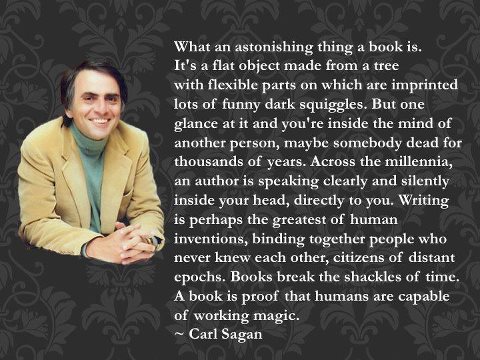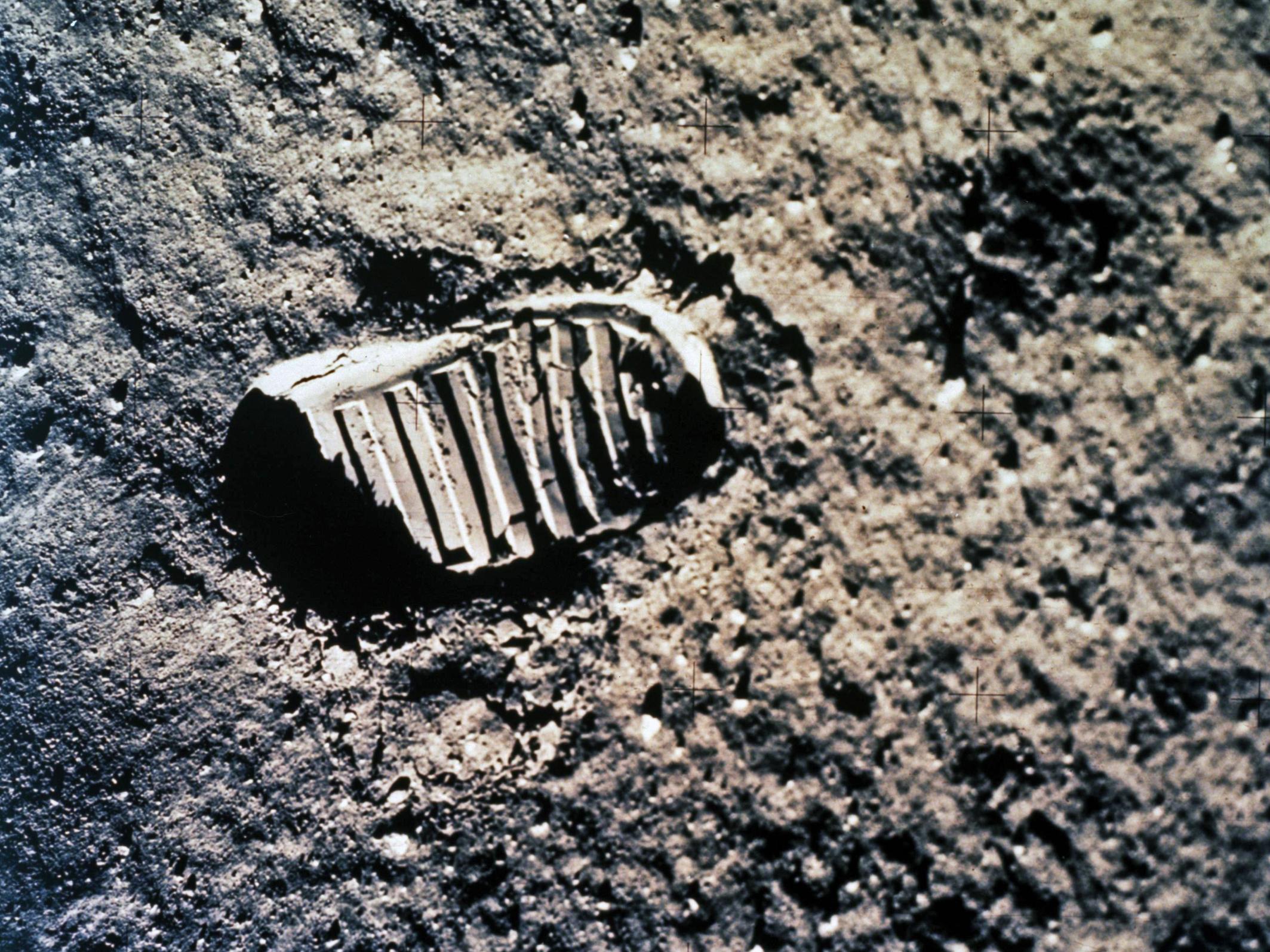Move Over, Hubble
 A golden telescope is ready to be tested after twenty years under construction. It will be the largest space telescope humans have ever deployed, and it’s scheduled to assume its final position about a million miles away from Earth in 2018. This magnificent feat of engineering will have seven times the light collecting surface of Hubble in addition to having the ability to collect infrared light.
A golden telescope is ready to be tested after twenty years under construction. It will be the largest space telescope humans have ever deployed, and it’s scheduled to assume its final position about a million miles away from Earth in 2018. This magnificent feat of engineering will have seven times the light collecting surface of Hubble in addition to having the ability to collect infrared light.
It’s called the James Webb Space Telescope. If the moon was only the size of a jellybean, this telescope could see it, and any heat that it might emit. From its orbit ‘behind’ the earth at a place in space officially called Lagrange Point 2 (see the info graphic), and by maintaining a temperature near absolute zero, the telescope will, among other tasks, be able to penetrate clouds of dust and analyze the atmospheres of exoplanets that have been discovered around nearby stars.
The cost? Almost 9 billion bucks. That’s a lot of money, but it didn’t simply go up in smoke. The money supported high tech and manufacturing jobs for the betterment of man as opposed to more nuclear weapons, wars for oil, and the interest on the national debt, which by itself is over 230 billion dollars annually. Over the course of 20 years, this single project cost less than a third of a single year’s American science budget. When you look at it that way, it’s downright reasonable given its projected lifespan, the information we will gain, and again, the high tech jobs that go with. We spend that money and we have something to show for it.
NASA leads the project, but has considerable support by the European Space Agency and the Canadian Space Agency. The 21 foot mirror has to be launched folded and will unfurl once it has endured the launch itself which will take about two weeks! It will be told to open its solar shield, then it must cool down. The last thing ground engineers will do is focus the instrument, and it should begin functioning by Spring of 2019. It carries enough fuel to sustain it for ten years but with typical spacecraft, it will probably function much longer than anyone expects.
I borrowed (stole) this info-graphic from Space dot com that broke the story, and hope if you are interested in more details you’ll go visit them. I’m all about giving credit where it is due, and simply want to bring a little good news to you in light of all the ugly news on the television these recent days. Enjoy, share, and dream.



